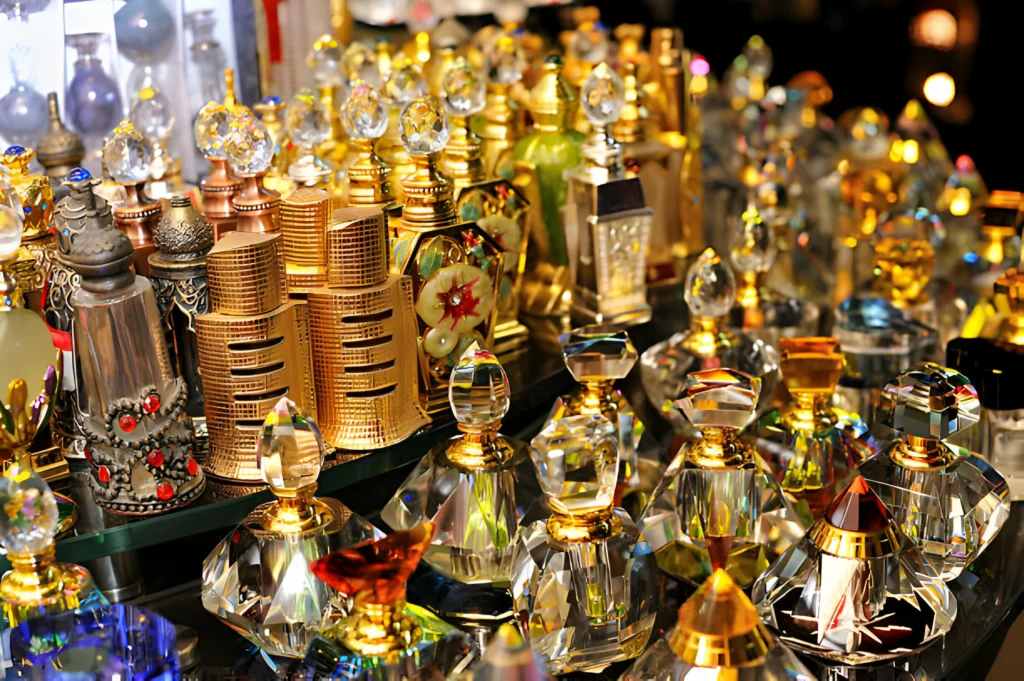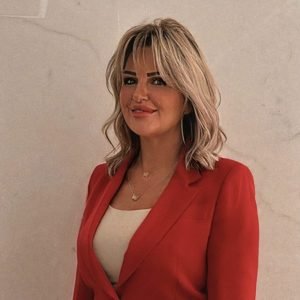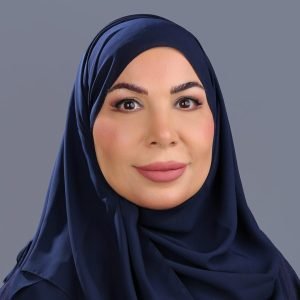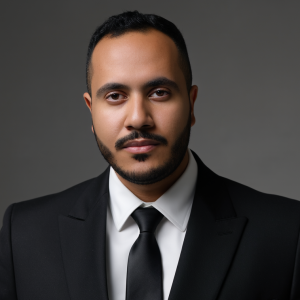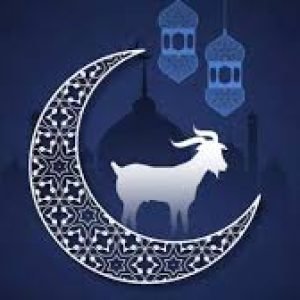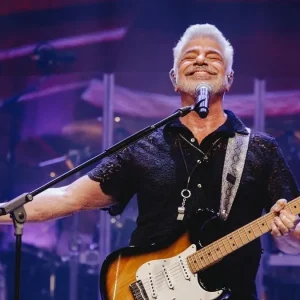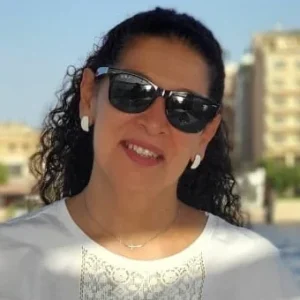Dubai, a city renowned for its luxury and opulence, has long been a global hub for perfume enthusiasts. The Dubai perfume market exemplifies the city’s rich cultural heritage and its embrace of modern luxury. With a unique blend of traditional Arabian scents and contemporary international fragrances, Dubai offers a diverse olfactory experience that attracts both residents and tourists from around the world.
The perfume market in Dubai is more than just a retail industry; it is a reflection of the city’s lifestyle, its cosmopolitan population, and the growing importance of personal expression through fragrance. In this article, we explore the key factors shaping the Dubai perfume market, including trends, consumer preferences, market dynamics, and opportunities for growth.
The Cultural Essence of Perfume in Dubai
Perfume has always held a significant place in Emirati culture. Historically, fragrances were used in religious rituals, special celebrations, and daily grooming. Arabian perfumes, especially those based on oud, musk, and bakhoor, are valued for their rich, long-lasting aromas that evoke luxury and tradition.

Dubai’s Perfume Souks, particularly in Deira, are iconic destinations where locals and tourists can explore a vast range of scents. These souks offer an immersive experience, allowing shoppers to sample traditional oils, incense, and modern perfume blends. The market’s cultural roots continue to influence modern consumer behavior, as many buyers prefer scents that convey both elegance and heritage.
Market Size and Growth Forecast
The Dubai perfume market has experienced steady growth over the past decade. The UAE perfume market was valued at approximately USD 748.9 million in 2024 and is projected to reach USD 1,724.0 million by 2033, representing a CAGR of 9.22 percent from 2025 to 2033.

Several factors contribute to this growth. Rising disposable income in Dubai has increased demand for luxury and premium fragrances. Millions of tourists visit Dubai annually, with many purchasing perfumes as souvenirs or gifts, further expanding market reach. Globalization has brought international brands to Dubai, while local perfumeries innovate to meet global standards. Online shopping platforms have simplified access to niche and international fragrances, boosting sales across all consumer segments.
Consumer Preferences in Dubai
Dubai’s population is highly diverse, including Emiratis, expatriates, and tourists from around the globe. This diversity shapes perfume consumption patterns. Traditional Arabian scents such as oud, bakhoor, amber, and musk continue to dominate, especially among the local Emirati population and visitors seeking authentic Arabian perfumes.
Consumers are increasingly purchasing perfumes from global luxury brands such as Chanel, Dior, Gucci, and Tom Ford, reflecting a growing preference for prestige and exclusivity. There is also rising interest in niche perfumes that offer unique, hand-crafted scents not available in mass-market stores. Buyers prioritize long-lasting and high-quality perfumes, which have become a status symbol in social and professional settings. Personalized fragrances are becoming popular, as consumers seek products tailored to their tastes and lifestyle.
Distribution Channels
The Dubai perfume market is supported by a robust network of distribution channels. Luxury department stores, including Bloomingdale’s, Harvey Nichols, and Sephora, cater to premium consumers. Specialized stores and traditional souks remain popular for unique and traditional perfumes. Online stores and apps provide convenience, detailed product information, and home delivery options. Airports and international transit hubs in Dubai attract tourists, offering tax-free access to luxury perfumes.
This multi-channel distribution approach ensures that both mass-market and niche consumers are well-served, driving overall market growth.
Key Players in the Market
Several brands have established a significant presence in the Dubai perfume market. Ajmal Perfumes is a pioneer in the Arabian perfume industry, blending tradition with modern fragrance techniques. Al Haramain Perfumes is known for high-quality oud-based perfumes and extensive distribution across the UAE and GCC region. Global luxury brands such as Chanel, Dior, and Gucci cater to Dubai’s premium segment. Smaller boutique perfumeries offer artisanal, customized perfumes, attracting consumers seeking exclusivity and originality.
Local brands continue to innovate by blending Arabian heritage with global perfume trends, making Dubai an important hub for both regional and international fragrance industries.
Luxury versus Niche Perfume Segments
The Dubai perfume market is broadly divided into two segments: luxury and niche.
The luxury segment attracts consumers who prioritize brand prestige, packaging, and consistent fragrance quality. Chanel, Dior, Gucci, and Tom Ford dominate this segment. Luxury buyers are typically affluent individuals or tourists seeking high-status products.
The niche segment focuses on uniqueness, creativity, and artisanal quality. Boutique perfumeries and independent brands offer specialized scents that cannot be found in mainstream stores. Niche buyers value individuality, personalization, and the story behind the fragrance.
Both segments are thriving in Dubai, driven by increasing demand for premium and exclusive fragrances.
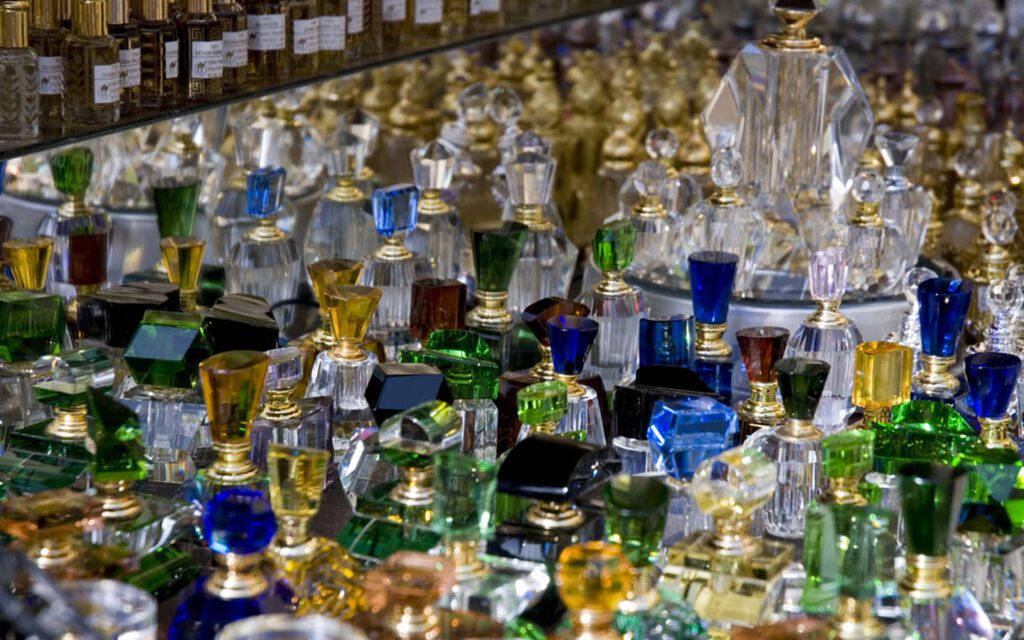
Emerging Trends in the Dubai Perfume Market
Sustainability and natural ingredients are becoming increasingly important to consumers. Perfumes made from natural, ethically sourced ingredients are in demand, and brands are responding with eco-friendly packaging, cruelty-free formulas, and transparent sourcing practices.
Personalized fragrances are a major trend. Several perfumeries offer bespoke services, allowing customers to design their own scents, reflecting a shift from generic to individualized experiences.
Technology is shaping the perfume market through virtual scent experiences, augmented reality applications in stores, and data-driven marketing that recommends personalized fragrances.
Online platforms have expanded perfume access, especially for international and niche brands. Digital channels allow convenient delivery and subscription-based fragrance services, increasing consumer loyalty.
Challenges Facing the Market
While the Dubai perfume market is growing, it faces challenges. Counterfeit perfumes remain a problem, particularly for high-demand luxury brands. The increasing number of brands and product lines makes competition intense. Consumers expect high-quality products, exceptional service, and unique fragrances, which requires brands to continually innovate.
Opportunities for Growth
The market offers numerous opportunities. Expanding beyond Dubai into other UAE cities and GCC countries can attract new customers. Collaborations with celebrities, influencers, and luxury events can boost brand visibility. Experiential retail, including in-store workshops and personalized scent consultations, can enhance customer engagement. Dubai’s continued growth as a luxury tourism destination ensures a steady influx of new consumers.
Conclusion
The Dubai perfume market is a dynamic, evolving industry that combines cultural heritage with modern trends. It reflects the city’s status as a global hub for luxury and innovation.
As consumers increasingly seek personalized, sustainable, and high-quality fragrances, brands that embrace these trends are poised for success. Whether through traditional Arabian scents, luxury international brands, or niche artisanal perfumes, Dubai continues to offer a unique fragrance experience that is unmatched in the region.
With the rise of digital platforms, personalized offerings, and a strong luxury market, the perfume industry in Dubai is set to thrive in the coming years, attracting both new consumers and seasoned fragrance enthusiasts.
Dubai remains not only a shopping paradise but also a true epicenter of the global perfume market.
Do follow UAE Stories on Instagram
Read More: Emirates Airlines: A Legacy of Excellence in Global Aviation

